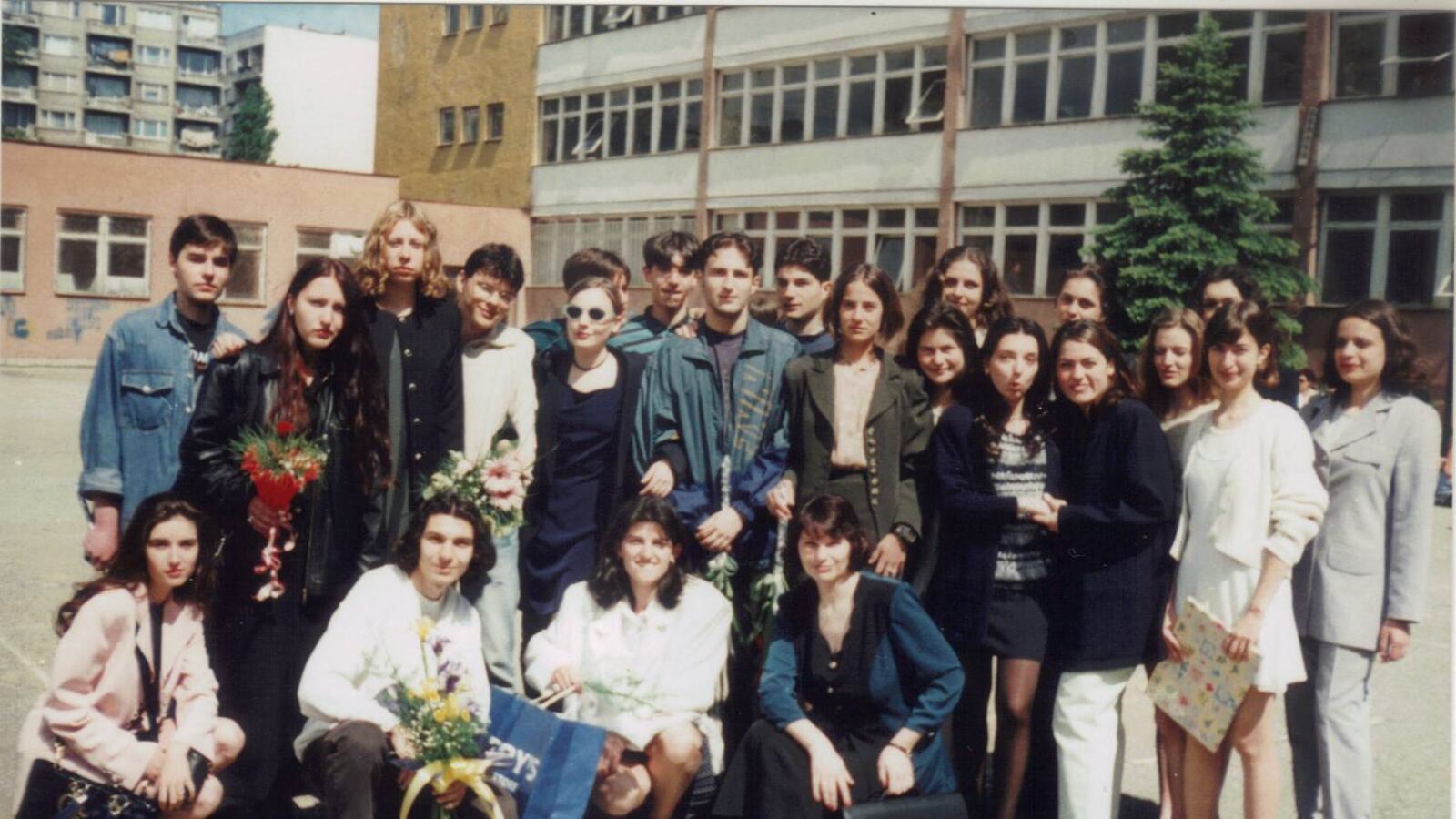It has been a newsy year so far on the education beat in Chicago, but we’re taking a moment to share some news of our own: Chalkbeat Chicago is welcoming to our team two new reporters, Mila Koumpilova and Samantha Smylie. These new hires will allow us to broaden our coverage in Chicago and beyond.
Click here to read more about Samantha. And scroll down to read more about Mila, who previously covered higher education and immigration at the Minneapolis Star Tribune. Here she shares how she plans to approach the education beat in a new city.
You just moved to Chicago from Minneapolis, where you covered higher education. How do you expect that experience will inform your approach to covering schools here?
I came to the higher education beat with years of experience writing about K-12 education. I had covered shrinking rural districts in northwestern Minnesota and growing districts in the Twin Cities suburbs as well as St. Paul Public Schools, the state’s largest and most diverse urban district. Everywhere, the overarching question is how schools are preparing students for what comes next, whether that’s a job, community college or a four-year university.
Writing about higher education really helped me see that long game and how education disparities for students of color and others persist long after high school graduation. At Minnesota’s state colleges and universities, for example, students of color make up about a quarter of all students but are almost half of those taking remedial classes — the basic skills courses critics call a “dropout sentence” for some students.
I feel I am returning to covering schools with a renewed sense of purpose and a sharper focus on how well schools are getting students — all students — ready for life.
Before writing about higher education, you reported on Minnesota’s immigrant communities and their experiences. Did that include education and schools?
Some of my favorite projects were essentially education stories. I followed a college-bound Somali-American teen during his senior year of high school at a time early during the Trump administration when young men in that community felt under intense scrutiny. Mohamed’s Minneapolis high school principal became a great supporter of that project, and I turned into something of a fixture at the school.
That school was practically home base for Mohamed’s family. His mom, a single mother of 10, shuttled her younger children there even after moving to a remote suburb because educators had made such a close personal connection with the family.
I also covered district efforts to serve the complex needs of unaccompanied minors from Central America and witnessed the first day of school through the eyes of the children in a newly arrived refugee family.
When you think about your own education, what is an experience that still resonates with you?
I grew up in post-communist Sofia, Bulgaria, at a time of much economic turmoil and political uncertainty. I got accepted at an English-language high school across the city of 1.2 million, and I rode two city buses for an hour each way to get there. My country had relatively recently opened up to the world after 45 years behind the Iron Curtain. Learning English and imagining a more globally connected future were important to me and my family.
I went on to attend the American University in Bulgaria, a tiny college that had opened in the former Communist Party headquarters in the town of Blagoevgrad. I remember the thrill I felt arriving on that campus with students and faculty from across the world. The emphasis on critical thinking and on questioning authority felt truly revolutionary in Bulgaria at that time.
Does your experience as a non-native English speaker inform your education reporting?
To an extent. Seeing strengths and possibility when looking at English learners comes naturally to me. I recall being overwhelmed by learning English on an ambitious timeline in high school. Little did I expect that some years later, as a graduate teaching assistant at the University of Missouri, I would get paid (very modestly) to explain English grammar to native speakers.
I would love to explore the experiences of English learners in Chicago more in depth. I use Spanish in my reporting, and I am convinced my native Bulgarian will finally come in handy one of these days as well.
What questions do you bring to Chicago?
Minnesota has among the country’s largest gaps between the graduation and math/reading proficiency rates of students of color and their white peers. Any reporter who has covered schools there brings a sense of urgency to delving into how districts and schools work toward more equitable outcomes.
One such effort to attack disparities here in Chicago is the district’s bid to build a new curriculum. I am eager to learn more about the initiative and how district leaders foresee it will improve learning. Years ago, I covered a similar effort in St. Paul, which ended up generating a lot of pushback. It seems Chicago is taking a less top-down, prescriptive approach. I am also interested in learning more about how the district’s central administration works and how the power dynamic might shift if school board elections become a reality.
What on education beats often isn’t covered enough?
I believe we can all stand to listen more to students as they reflect on their education. I have found students to be quite savvy about how their schools can better serve them. I hope to bring more student voices to my coverage.
How can people reach you?
I am at 312-786-4631 and mkoumpilova@chalbeat.org. My Twitter direct messages are open at @milakoumpilova. You will find that I am friendly and accessible.


